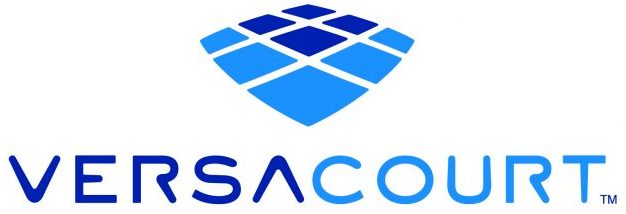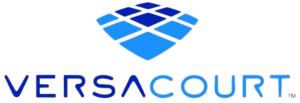Boca Raton, FL – With the U.S. Census Bureau estimating that homeowners spend an average of 2.8 hours weekly on lawn maintenance and the U.S. Environmental Protection Agency stating that landscape irrigation accounts for almost one-third of all residential water usage, a growing number of consumers are turning to synthetic grass for their yards to save time, money and conserve millions of gallons of water each year.
“Today’s synthetic grass is engineered and tested to be a beautiful, safe, cost-effective and eco-friendly landscape solution for many residential uses,” said Rick Doyle, President of the Synthetic Turf Council. “Often available in many styles that replicate all of the common landscape grasses, we have seen some really creative applications by homeowners, municipalities, parks departments and homeowner associations nationwide.”
Synthetic grass has become a popular solution in places where living grass can’t grow or be effectively maintained. Just ask the Germantown, Maryland homeowner whose grass would not grow despite sodding the yard three times. As a result, the backyard turned to mud every time it rained. Synthetic Turf International stepped in and installed 2,500 sq ft of synthetic grass over the steeply sloped and terraced surface that eliminated the mud problem and created for the first time a lush, green, grass-like yard. In coastal New York, a homeowner with a water front property was experiencing numerous issues. Storms blew salt water onto the lawn killing the grass, geese fed on insects in the lawn creating unsanitary conditions, and thick clay soil caused drainage problems after heavy rains. When Challenger Industries installed over 17,000 square feet of synthetic grass, sizable maintenance costs were eliminated, drainage improved significantly and the geese droppings problem disappeared.
Homeowners are also using synthetic grass to create unique backyard retreats. In Tucson, Arizona, ForeverLawn Arizona created an outdoor, life-size chess board using synthetic grass for the black squares to contrast with concrete lighter squares. Short-game golf guru and coach Dave Pelz worked with SYNLawn to transform the rocky terrain around his new home in the foothills of Austin, Texas into scale replicas of famous golf greens like the 12th at Augusta National and the 14th at Pebble Beach. The state-of-the-art synthetic grass covering a 2.5 acre area has created an ideal environment for his students to practice pitching, chipping and putting.
Sometimes synthetic grass is being used inside the home for unique décor applications. When the popular TV program Extreme Makeover: Home Edition needed synthetic grass for an episode in Beaufort, South Carolina, ForeverLawn Inc. was happy to oblige. To brighten a child’s bedroom, the designers carpeted the area with ForeverLawn’s synthetic grass as part of an overall street-themed, skateboarding design.
The Southern Nevada Water Authority estimates that every square foot of natural grass replaced saves 55 gallons of water per year. If an average lawn is 1,800 square feet, then Las Vegas homeowners with synthetic grass can save 99,000 gallons of water each year. Recognizing the water conservation qualities of synthetic grass, the Simi Valley City Council passed an ordinance specifically allowing the owners of single-family homes to use synthetic grass as a landscape solution in their front yards.
Durafield calculate that synthetic grass can return the initial investment in two to four years, depending on the size of the project and region of the State. A growing number of municipalities, particularly those in drought-stricken areas and where water is scarce like the Central Basin Municipal Water District in southeast Los Angeles County, also offer tax credits and rebates to encourage the use of water-saving landscape, including synthetic grass.



